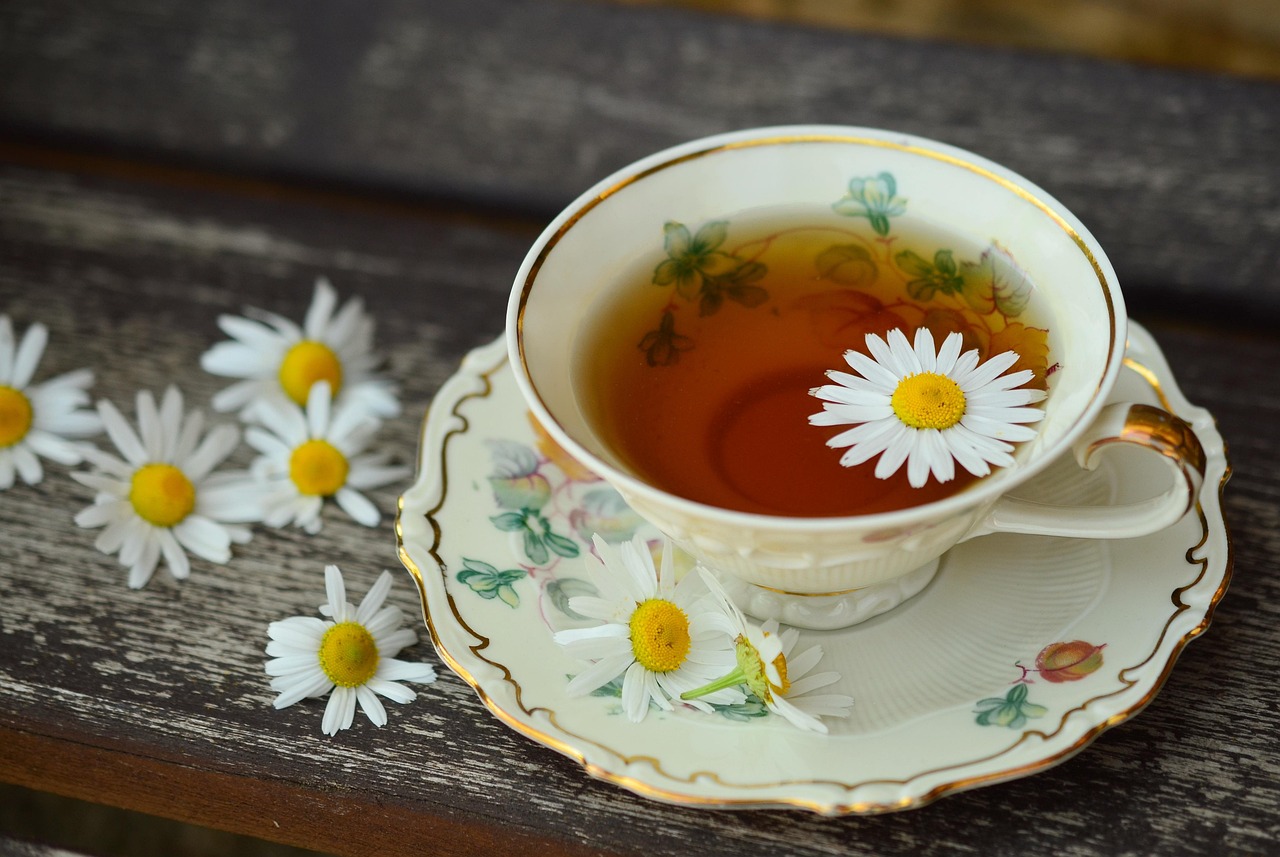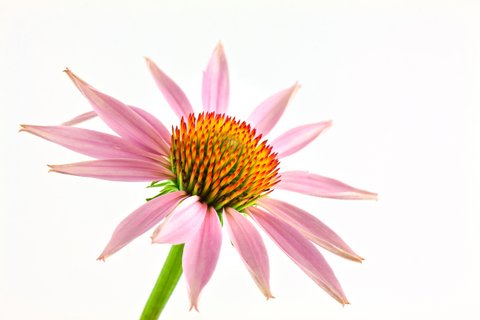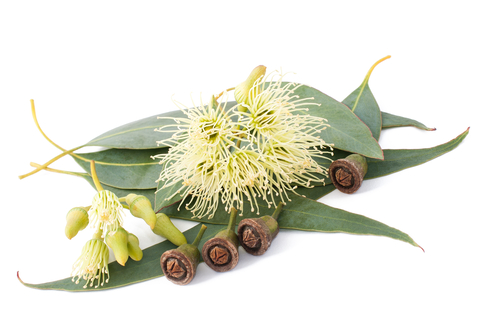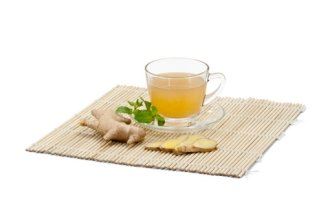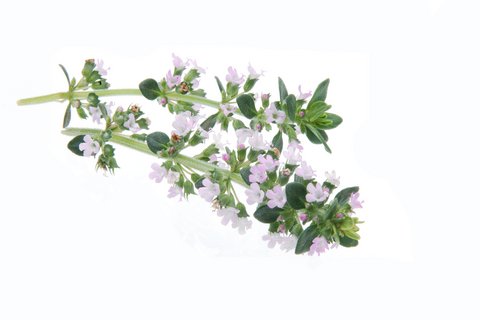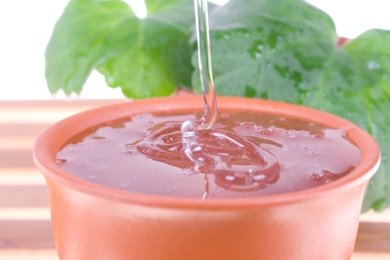BENEFITS OF ARNICA OIL
"Let food be your medicine and your medicine be your food. Each one of the substances in a person's diet, acts upon the body and changes it in some unique way, and upon these changes the whole life depends, whether in health, in sickness or convalescent."
Hippocrates 2 000 years ago.
Table of Contents
|
Benefits of Arnica is a Powerful Natural Remedy celebrated for its ability to soothe and heal the body's aches and bruises.
Derived from the vibrant plant, this herbal extract is widely used to reduce inflammation, relieve muscle pain and accelerate the healing of bruises and sprains.
Wherever applied as a topical cream or gel, arnica offers a gentle yet effective solution for supporting recovery and promoting overall skin health, making it a trusted choice for natural pain relief and wellness.
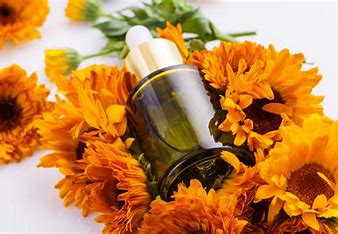
Wherever applied as a topical cream or gel, arnica offers a gentle yet effective solution for supporting recovery and promoting overall skin health, making it a trusted choice for natural pain relief and wellness.
Why is Arnica Oil good for Arthritis Pain?
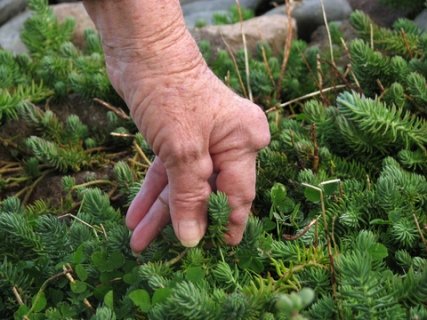
Arthritis pain can be debilitating, affecting your quality of life and daily activities. At Home Remedies Haven, we understand the importance of finding effective, natural solutions to manage this chronic condition.
That is where Arnica oil comes into play.
- One of the most significant benefits of Arnica oil is its potent anti-inflammatory properties.
- Arthritis is often characterized by inflammation in the joints, leading to pain and stiffness.
- Arnica oil is a powerful analgesic (pain reliever) and when massaged into the skin over painful joints, it penetrates deeply to provide relief.
- This makes it a great option for individuals looking for a natural alternative to over-the-counter-pain medications.
Arnica for Burns
Burns, whether caused by heat, chemicals, or sun exposure, can be painful and damaging to the skin. Finding a natural remedy to soothe and heal burns is invaluable.
Arnica oil extracted from the Arnica Montana Plant, offers several benefits for burn care, and here's why Arnica oil can be a beneficial addition to your burn treatment regimen.
Anti-inflammatory Properties:
- Burns often result in inflammation and swelling of the affected area. The compounds in Arnica oil, such as helenalin, help to reduce this inflammation, leading to reduced pain and faster healing.
Pain Relief:
- One of the immediate concerns with burns is the intense pain. Arnica oil acts as a natural analgesic, which can help soothe and reduce the pain associated with burns. By applying it topically, you can experience relief from the discomfort and tenderness.
Accelerates Healing:
- Arnica oil promotes faster healing by improving circulation and encouraging the regeneration of damaged tissue. This increased blood flow helps deliver essential nutrients and oxygen to the injured area, facilitating the body's natural repair process.
Reducing Swelling:
- Swelling is a common side effect of burns. Arnica oil's anti-inflammatory properties help reduce swelling and fluid accumulation of the tissue, making the burn area feel less tight and uncomfortable.
Moisturizes and Soothes:
- Burned skin often becomes dry and tight, leading to further discomfort and potential cracking. Arnica oil helps to moisturize the skin, keeping it hydrated and supple. This soothing effect can provide relief from the itchiness and irritation.
Arnica for Muscle & Joint Pain

Using Arnica Oil regularly can help improve joint mobility by reducing stiffness and pain.
Arnica is an herb that comes from the Arnica Montana flower, which commonly grows in the mountains of Europe and has been traditionally used to soothe:
- bruises
- sprains
- muscle pain
This is believed to make a significant difference in your ability to perform daily tasks and maintain an active lifestyle.
Arnica for Poor Circulation
Arnica is believed to be beneficial for poor circulation due to its stimulating and anti-inflammatory properties. Here are some key reasons why arnica might help improve circulation
Improves Blood Flow
- Arnica can be applied topically to stimulate blood flow in the area it is applied. This can help alleviate symptoms associated with poor circulation, such as cold extremities or muscle cramps.
Reduces Inflammation:
- Poor circulation is often accompanied by inflammation. Arnica's anti-inflammatory properties can help reduce swelling and inflammation, thereby improving blood flow.
Promotes Healing:
- By increasing blood flow and reducing inflammation, arnica aids in the body's natural healing processes, which is particularly beneficial for areas suffering from poor circulation.
Pain Relief:
- Poor circulation can often cause pain and discomfort. Arnica's analgesic (pain-relieving) properties can help alleviate this pain, making it easier for individuals to engage in physical activities that may further improve circulation.
Prevention of Blood Clots:
- Good circulation helps prevent the formation of blood clots. While more research is needed, the improved blood flow from using arnica may aid in reducing the risk of clot formation.
Vasodilation:
- Some studies suggest that arnica might have vasodilatory effect, meaning it can help widen blood vessels, thereby improving blood flow an oxygen delivery to various parts of the body.
As with any remedy, it's important to use arnica as directed and consult a healthcare provider before beginning any new treatment, especially if you have existing health conditions or taking other medications.
Arnica for Hair Loss
 |
|
Arnica for Skin Care
Arnica is available in several forms, each suitable for different applications:
Topical Creams and Gels:
- These are ideal for direct application to bruised, sprained, or sore areas. Gently massage a small amount into the affected area until absorbed.
Arnica Oil:
- Dilute with a carrier oil for massages to help relieve muscle pain and improve mobility.
Homeopathic Tablets:
- Arnica tablets can be taken internally to help manage pain and inflammation from the inside out but always follow dosing instructions and consult a healthcare provider.
Consult a Doctor:
- Especially if you are pregnant, nursing or have underlying health conditions, consult with a healthcare professional before using arnica.
Arnica for Boosting the Immune System
- Arnica oil stimulates the production of white blood cells, helping to give your immune system a much-needed boost.
How to use Arnica
- Generally, Arnica is most effective in the form of a topical cream, when one has arthritis, joint pain and muscle aches.
- It is also available in a homeopathic spray or tablets and follow the directions on the bottle.
- It should not be applied to mucous membranes, eyes, broken skin, or to an open wound, and it should NEVER be taken internally except as a homeopathic remedy, where the amount ingested is very small.
In Closing.....How Safe is using Arnica Oil?
- Arnica is generally safe when used on the skin. However, using it for a long time may irritate the skin, causing eczema, peeling, blisters, or other skin conditions. Arnica should not be used on broken skin, such as leg ulcers.
- Arnica is rarely used as an internal herbal remedy because it can cause dizziness, tremors, and heart irregularities. It may also irritate mucous membranes and cause vomiting. Large doses can even be fatal. DO NOT take arnica by mouth except under close supervision of your doctor. You can generally take homeopathic remedies, which use extremely small amounts of arnica, safely.
- If you are pregnant or breastfeeding, avoid taking arnica, and ask your doctor before using it on your skin. Talk to your doctor before taking any medication, including herbs.
Arnica should not be used by:
- People who are allergic to plants in the Asteraceae and Composite families, such as ragweed, chrysanthemums, marigolds and daisies.
- People who are already using products that contain arnica.
- People who take corticosteroids, blood pressure medication, anticoagulants or certain herbal supplements.
- People who have a blood disorder.
- People who have severe liver or kidney disease.
- People who are about to have, or recently had surgery.
- People whose skin is broken.
- Pregnant or breastfeeding women.
IMPORTANT NOTICE
Home Remedies Haven would like to reassure all the visitors to our site, that we respect your privacy and do not in any way sell personal information.


